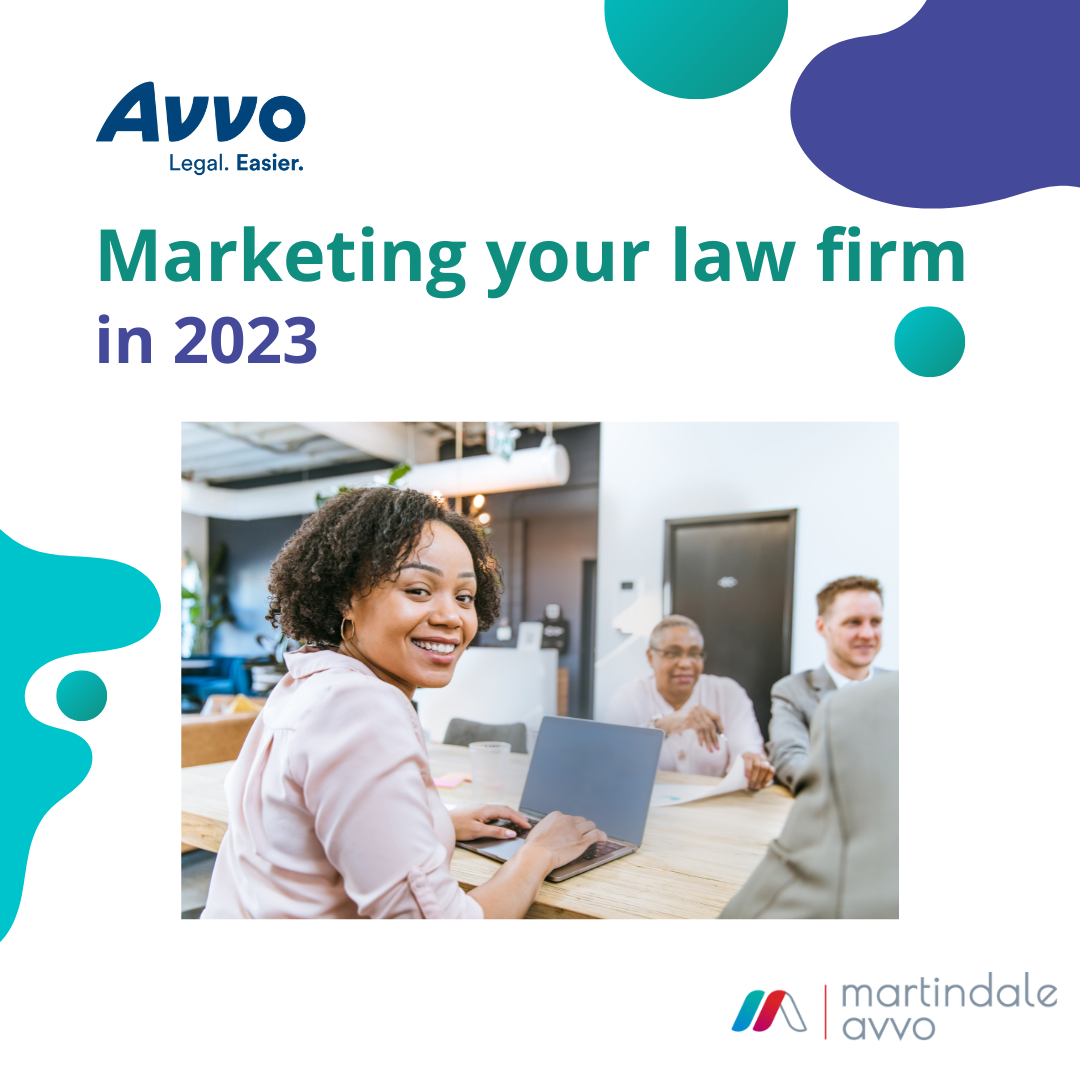Ethics for attorneys in the age of social media

While some attorneys still swear by television, billboard, and snail-mail advertising, it is impossible to deny that the internet and social media are extremely effective vehicles for advertising your legal services. The immediate access to an attentive audience online is too valuable to ignore, but it is important to consider the ethical pitfalls that can easily arise while marketing your firm on social media.
The American Bar Association and countless state bar associations are cognizant of the ethical questions that can arise from a solo practitioner or law firm’s use of social media to market their firm.
To address this issue, the ABA issued opinions related to the proper and ethical use of social media for advertisement. Although these opinions are not binding in any state, they provide effective guideposts for attorneys currently using, or considering using, social media to reach prospective clients. As part of determining how to establish a social media footprint for your practice, it is important to consider the following questions:
Ethics Question #1: Are my social media profiles and posts on those profiles considered attorney advertising?
Certain states have clarified that profiles on social media platforms including Facebook, Instagram, and Twitter, are websites by nature, so they are considered attorney advertising. In 2012, a California ethics opinion stated that social media posts made by attorneys should be considered attorney advertising, and in 2013, the Florida Supreme Court added restrictions to social media profiles to align with more traditional forms of advertising. In Texas, submitting social media profiles to the Bar is in line with other forms of online communications and the “burden [is] on the communicating attorney to demonstrate that any particular online communication need not be filed with the committee” (Texas Bar). It is clear that social media profiles are being carefully monitored by the ABA and state bar associations, so make sure to treat your profiles and posts exactly as you would other professional communications.
Ethics Question #2: Can social media interactions accidentally create an attorney-client relationship?
Because communication on social media often involves the direct asking of questions and delivery of answers, attorneys may inadvertently create an attorney-client relationship in the process of discussing legal matters online. Responding to questions on your firm’s Facebook page, discussing legal matters on Twitter, or participating in forums and message boards can lead to the inadvertent creation of a lawyer-client relationship that includes all of the obligations and ethical responsibilities that follow. This rings especially true if the individual seeking advice was specifically seeking to establish a legal relationship in regard to a specific claim or legal need. In order to remain ethically compliant, it is important to include clearly visible disclaimers and avoid offering specific legal advice to individuals who you are communicating with online. See the ABA formal opinion on social media advertising for more on attorney-client privilege in social media.
Ethics Question #3: Can a social media post about a case I handled count as disclosure of privileged information?
Unfortunately for many individuals in countless professional industries, the ease of social media posting and the demand for constant updates and entertaining stories has led many people to disclose information online that could be deemed confidential and in violation of their ethical obligations. A lawyer with an active social media presence and an audience interested in hearing about the lawyer’s cases can unwittingly disclose too much information when talking about cases, verdicts, and clients. In fact, the ABA Formal Opinion 10-457 specifically states that attorneys must obtain the permission of their clients before posting about them online. It is especially important to consider this requirement when discussing verdicts and settlements. The same advice applies if you are responding to negative reviews online. Certain information about the client and case needs to remain confidential, or else there may be a very real breach of ethics.
How to protect your communications online
For any business savvy firm, it is clear that social media is a major component in a successful marketing strategy, but the proper use of the medium can be very complicated for law firms. Instead of shutting down a major avenue of advertising, firm branding, and communication, you should focus on educating your attorneys and marketing team on the proper and ethical use of their social media profiles. In addition, it is important to take the following steps:
- File with the proper reviewing authority if you practice in a state or states that require a formal review prior to disseminating the information on social media
- Include required information in your profiles, such as firm name, office location, and the name of the person who is responsible for the profile or advertisement
- Include specific and clear disclaimer language on all social media profiles managed by the firm. Individual attorneys should make sure to have the proper disclaimers on their own profiles as well if they are using them for business
- Consider labeling each message with “Attorney advertising” or other such language at the beginning and end of the message
- Make sure not to delete profiles or messages online without retaining screenshots or copies to prove ethical obligations were met in the event of a complaint
In addition to the guidelines suggested by the ABA, all attorneys should review the ethics rules in their state regarding social media and attorney advertising. With a clear understanding of how to proceed, you may be able to use social media effectively to solidify your brand, establish yourself in your local business community and reach countless potential clients with helpful and informative content about yourself and your firm.









